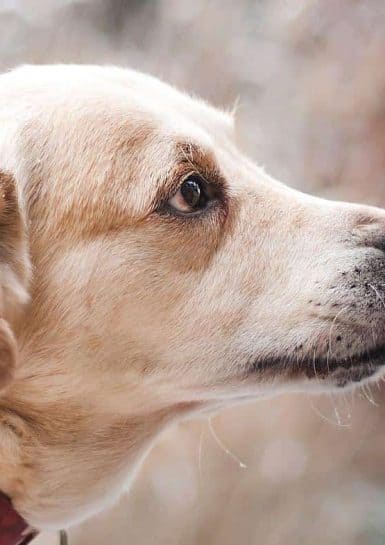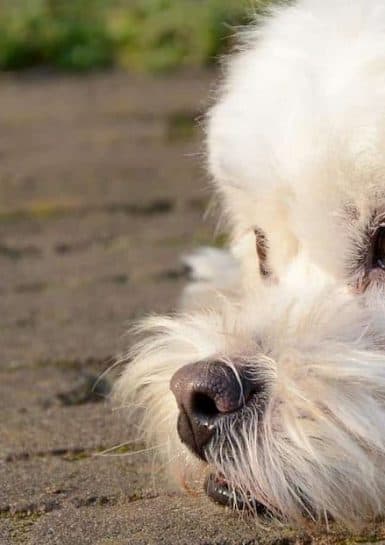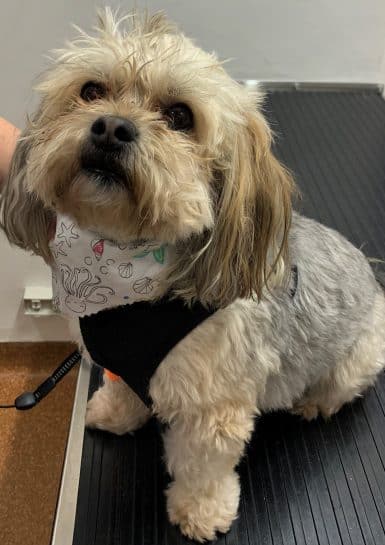Desexing Your Dog Or Puppy Adelaide
Neutering your dog is one way you can help to keep them healthy and prevent the arrival of an unexpected litter of puppies. Desexing has advantages for both male and female dogs.Our clinic recommends and offers puppy and dog desexing Adelaide.
Benefits Of Desexing Male Dogs
Entire male dogs will try and escape their yard in search of a lady friend, and this puts them at risk of being hit by a car or getting into a fight. They may develop a number of medical conditions including testicular cancer and perianal adenomas (tumours near their bottom). If he has an undescended testicle, it is more likely to become cancerous. Their tendency to urinate on things to mark them can make them unpopular with your family members.
Benefits Of Desexing Female Dogs
Females also enjoy a number of health benefits associated with being spayed. They won’t suffer from a potentially fatal infection of the uterus known as pyometra, and depending on when the surgery is done, they may be at lower risk of developing breast cancer. Having a female dog come on heat twice a year can be inconvenient; she will bleed on your carpet and furniture and she will attract male dogs from far and wide. An unexpected pregnancy may see you with a bill for an emergency caesarean delivery, or you may need to bottle feed her pups if she doesn’t have any maternal instinct.
Dog Desexing Age
We will help you to work out the best time to desex your dog, but usually the procedure is done when he or she is around 6 months old.
Caring For Your Dog Before Desexing
Your dog will need to be fasted before his surgery so he can have dinner as usual the night before, then no food or water for breakfast the next morning. This is to prevent him regurgitating food or liquid while he is under anaesthesia which may then be inhaled, causing pneumonia. To rule out any concerns about his health, your vet will recommend blood tests before he is anaesthetised. This is just to make sure all is well with his internal organs.
Caring For Your Dog After Desexing
Most dogs are able to go home on the same day as their surgery after they have fully recovered from the anaesthetic, and this is when your hard work starts. Good post-operative care is essential to allow your dog to recover quickly from his operation and avoid complications.
- Offer your dog a small meal at dinner time, but don’t worry if he doesn’t want to eat anything. He may be feeling a little queasy. He should be more interested in food after about 24 hours.
- Restrict his exercise for about 10 days, until his sutures are removed. This means no long walks, no running or jumping. Take him outdoors to the toilet on a leash. It’s not easy to do because he’ll be feeling good within a day or two of his surgery. A crate is a great help during this time.
- As with all medication for your dog, give them strictly as directed.
- Don’t get your dog wet while he has sutures in. His wound needs to stay clean and dry.
- Use an Elizabethan collar if he is licking or biting at his wound excessively.
Complications of Surgery
As with any surgical procedure, there is the risk of complications. General anaesthesia is very safe but some dogs may have an adverse reaction to it. If your dog is too active, his surgical site and scrotum may swell. This is uncomfortable, but if you have a female dog, too much activity can be dangerous. If the abdominal sutures break down, she could develop a hernia and need further surgery to correct it. Your vet will be available to you to answer any questions and ease your concerns after your dog’s surgery so if there is anything you are worried about, call us for advice. With many benefits and minimal risks associated with neutering, any dog that isn’t to be used for breeding should have this procedure done.



